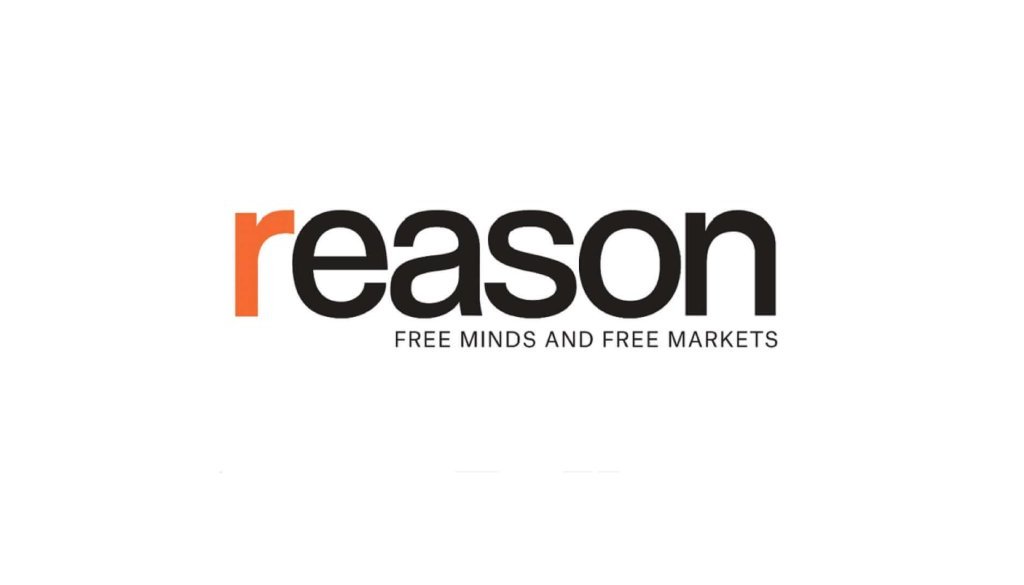Good Riddance, Lina Khan
No one was sure what a Kamala Harris presidency would mean for Lina Khan, the controversial chair of the Federal Trade Commission (FTC) appointed by President Joe Biden. But with Harris, too, on her way out, and Republicans slated to take over the White House, we can probably say goodbye—and good riddance—to Khan’s reign.
With Khan heading the agency, the FTC has taken an aggressive stance against mergers and acquisitions, an aggressive stance against big tech companies, and an odd view of the agency’s purpose and authority.
“Khan has framed several regulatory issues in the dramatic terms of someone facing an emergency that cannot wait for congressional action,” noted Kevin Frazier, an assistant professor at St. Thomas University College of Law, in a recent Reason piece. But “the FTC does not have any emergency powers. Congressional inaction does not increase the FTC’s jurisdiction. Judicial opposition does not excuse the FTC’s experimentation with novel theories of enforcement. Even economic upheaval doesn’t change anything about when and how the FTC may fulfill its finite mandate.”
That finite mandate was something Khan and her supporters seemed intent on constantly chipping away at.
Even before being appointed FTC Chair, Khan was one of the leaders of a strange—and often infuriating—school of thought about antitrust law. Known as neo-Brandeisians, new structuralists, or sometimes (by critics) as “hipster antitrust,” this school dismissed the idea that antitrust’s purpose should be to protect consumer welfare. Instead, neo-Brandeisians were concerned with an abstract promotion of competition—a fixation leading to the conviction that businesses getting too big, successful, or dominant was itself something to be feared and stopped.
Proving actual harm to consumers was out; proving that practices harmed a big business’ competitors was the new game. But under these rules, doing anything that successful businesses do—including innovating, bundling products for improved efficiency, and acquiring new
Article from Latest

The Reason Magazine website is a go-to destination for libertarians seeking cogent analysis, investigative reporting, and thought-provoking commentary. Championing the principles of individual freedom, limited government, and free markets, the site offers a diverse range of articles, videos, and podcasts that challenge conventional wisdom and advocate for libertarian solutions. Whether you’re interested in politics, culture, or technology, Reason provides a unique lens that prioritizes liberty and rational discourse. It’s an essential resource for those who value critical thinking and nuanced debate in the pursuit of a freer society.



